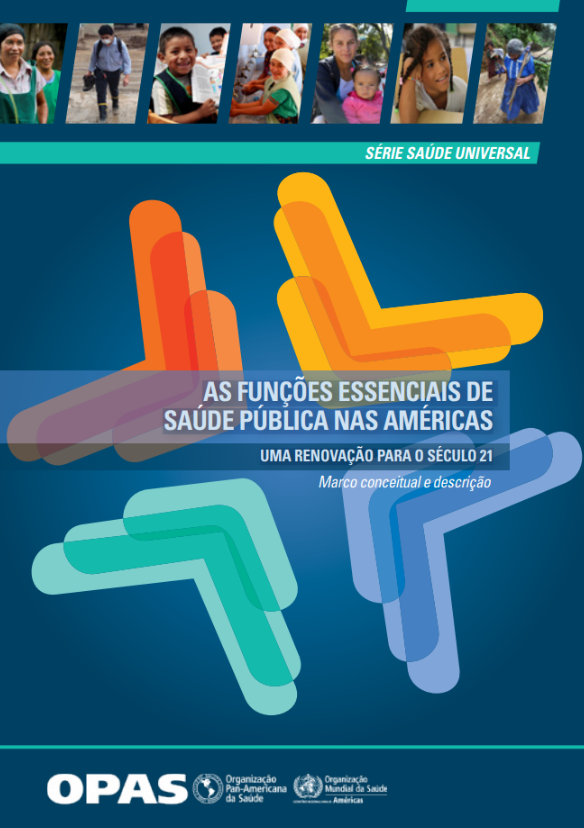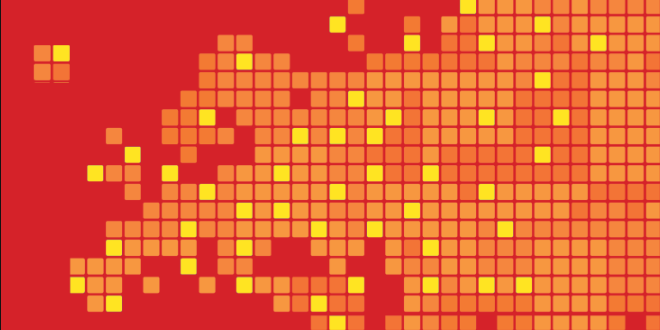The COVID-19 pandemic and its devastating health, economic, and societal impacts demonstrate how unprepared the world is for such immense public health emergencies. The increasing frequency of acute infectious disease outbreaks and trends such as population aging, rising chronic-disease burdens, and climate change raise the risk of syndemics - events in which two or more diseases adversely interact with each other and with political and economic conditions of inequality and poverty. COVID-19 is a bitter lesson in how these dynamics interact to cause profound suffering. The only way to prevent, prepare for, and manage these threats is by building resilient health systems to withstand shocks and improve health outcomes between crises. Enablers are crosscutting factors that influence all aspects of health systems: governance, partnerships, financing, human resources, and innovation. Core capacities essential for resilience include health intelligence; health service delivery, especially primary health care (PHC); community engagement and risk communication; and the health supply chain. The report details recommendations for countries to operationalize health system resilience and sets out a three-tier framework to help them prioritize investments based on their resilience impact: Tier 1: risk reduction - prevention and community preparedness. Tier 2: detection, containment, and mitigation capabilities. Tier 3: advanced case management and surge response.



